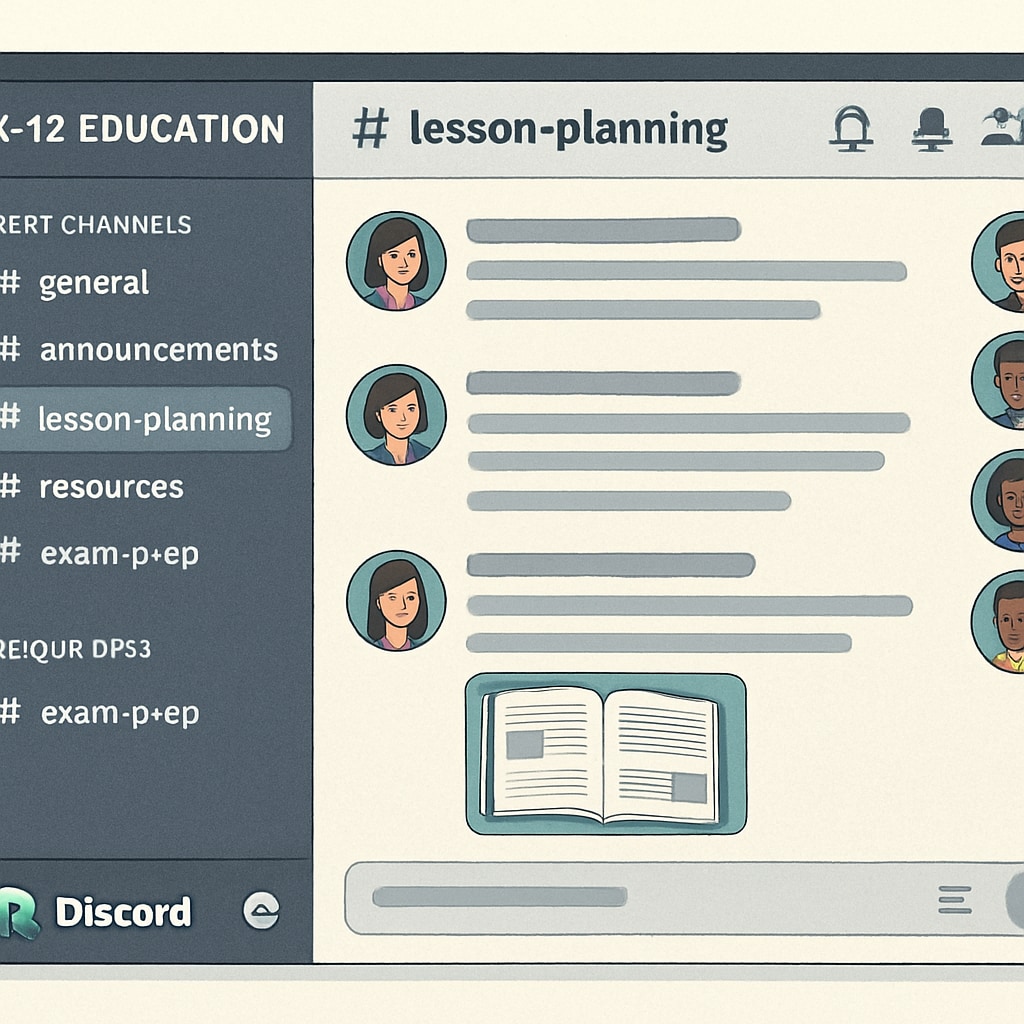At Houston University, K12 education students can significantly improve their learning experience by leveraging resources like study groups and online platforms such as Discord. These collaborative tools not only enhance academic performance but also enable future educators to build professional networks and strengthen their pedagogical skills. This article explores essential strategies for creating or joining learning communities tailored for K12 education majors and highlights their value for professional development.
Why Learning Communities Matter
Learning communities are crucial for fostering collaboration, sharing diverse perspectives, and enhancing problem-solving skills. For K12 education students, participating in these communities provides opportunities to discuss course materials, brainstorm teaching strategies, and receive constructive feedback on assignments. As a result, students develop deeper insights into educational theories and practices, preparing them for real-world classroom challenges.
In addition to face-to-face study groups, online platforms like Discord have emerged as effective tools for connecting students across campuses. Discord offers features such as voice channels, real-time messaging, and file sharing, making it ideal for coordinating group discussions and sharing resources.

How to Build or Join a Learning Community
Creating or joining a learning community requires thoughtful planning and active engagement. Here are some practical steps for K12 education students:
- Identify your goals: Determine whether you want to focus on exam preparation, project collaboration, or professional skill-building.
- Utilize university resources: Houston University often provides forums, bulletin boards, or student organizations where you can find or form study groups.
- Leverage online platforms: Set up a Discord server specifically for K12 education majors. Create channels tailored to specific courses, teaching methodologies, or professional development topics.
- Engage actively: Share resources, participate in discussions, and encourage members to contribute regularly.
Once established, these groups can become invaluable spaces for exchanging ideas and forming lasting professional connections.

The Value of Professional Networking for Future Educators
Joining learning communities doesn’t just benefit academic performance—it also sets the foundation for a successful teaching career. By connecting with peers and mentors, K12 education students can access a wealth of practical advice and real-world experiences that enrich their perspectives.
For example, sharing lesson plans or classroom management strategies within a Discord group could spark innovative ideas that students might not encounter in textbooks or lectures. Moreover, these platforms provide opportunities to practice communication skills, an essential aspect of teaching.
In addition, learning communities often evolve into professional networks. Members may continue collaborating after graduation, supporting each other through job searches, professional development workshops, or even co-authoring research papers. This interconnectedness ensures that future educators have reliable support systems throughout their careers.
Conclusion: Take the First Step
Whether through traditional study groups or modern online platforms like Discord, learning communities at Houston University offer K12 education students unparalleled opportunities for growth. By embracing these resources, students can enhance their academic performance, develop practical teaching skills, and build lasting professional networks. Start today by exploring available resources, reaching out to peers, and creating a supportive space for collaboration—you’ll be investing not only in your education but also in your future career.
Readability guidance: Use short paragraphs and lists to summarize key points; ensure each H2 provides actionable advice or insights. Distribute keywords evenly throughout the article, and maintain a professional tone suitable for academic audiences.


